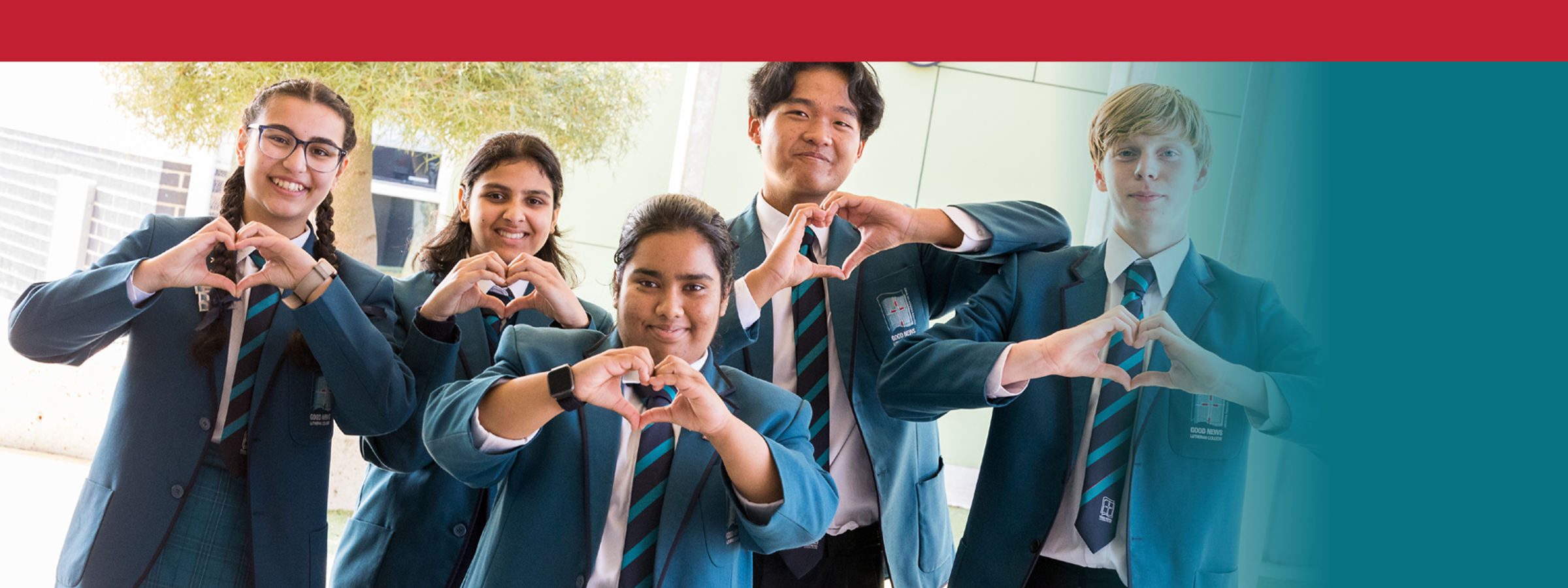Counsellors Corner

Supporting your young person during the holidays
There are a number of ways you can support your young person’s mental health and wellbeing in the holidays:
- Encourage them to stay connected.
- Encourage them to stay involved.
- Encourage physical activity.
- Encourage a regular routine.
- Encourage healthy eating habits.
- Encourage play.
Tips to help you support your young person
- Recognise their distress or concerning behaviour
- Ask them about it (e.g. “I’ve notice you seem sad…)
- Acknowledge their feelings (e.g. “I can understand why you are upset…)
- Get appropriate support (e.g. “Do you need some help to handle this?)
- Check in to see how they’re going.
Support options include:
- Headspace.org.au (12-25yrs)
- Eheadspace 1800 650 890
- Kids Helpline 24hr online counselling service (5-25yrs) 1800 55 1800
- Lifeline 24hr telephone counselling service lifeline.org.au 13 11 14
- Parentline 1300 301 3000
For more detailed information please see the flyer below.
Special Report from SchoolTV - RUOK? Day
Understanding the growing challenges related to mental health among young people is an important consideration. Anxiety, depression and self-harm –– are all causes for concern. Factors like academic pressure, social media, family dynamics, and societal expectations, are contributing to these issues. It's therefore crucial for parents and caregivers to take action early, remove the stigma around discussing mental health, and offer accessible support to address these issues and the wellbeing of their children.
RUOK? contributes to suicide prevention year round by urging people to invest time in personal relationships and empowering informal support networks to identify signs of distress. We urge all families to take part, emphasising the value of genuine human relationships and reminding everyone to ask the important question, “Are you OK?”
By talking openly about mental health, schools create safe spaces where students feel understood, valued, and supported. As parents and caregivers, you can contribute by fostering open conversations, normalising feelings and breaking down mental health stigmas.
This Special Report provides guidance on how to talk to your child about mental health and engage in meaningful discussions. If this raises any concerns for you, a loved one or the wellbeing of your child, please consider seeking medical or professional help.
Here is the link to your special report https://goodnews.vic.schooltv.me/wellbeing_news/special-report-r-u-ok-day
